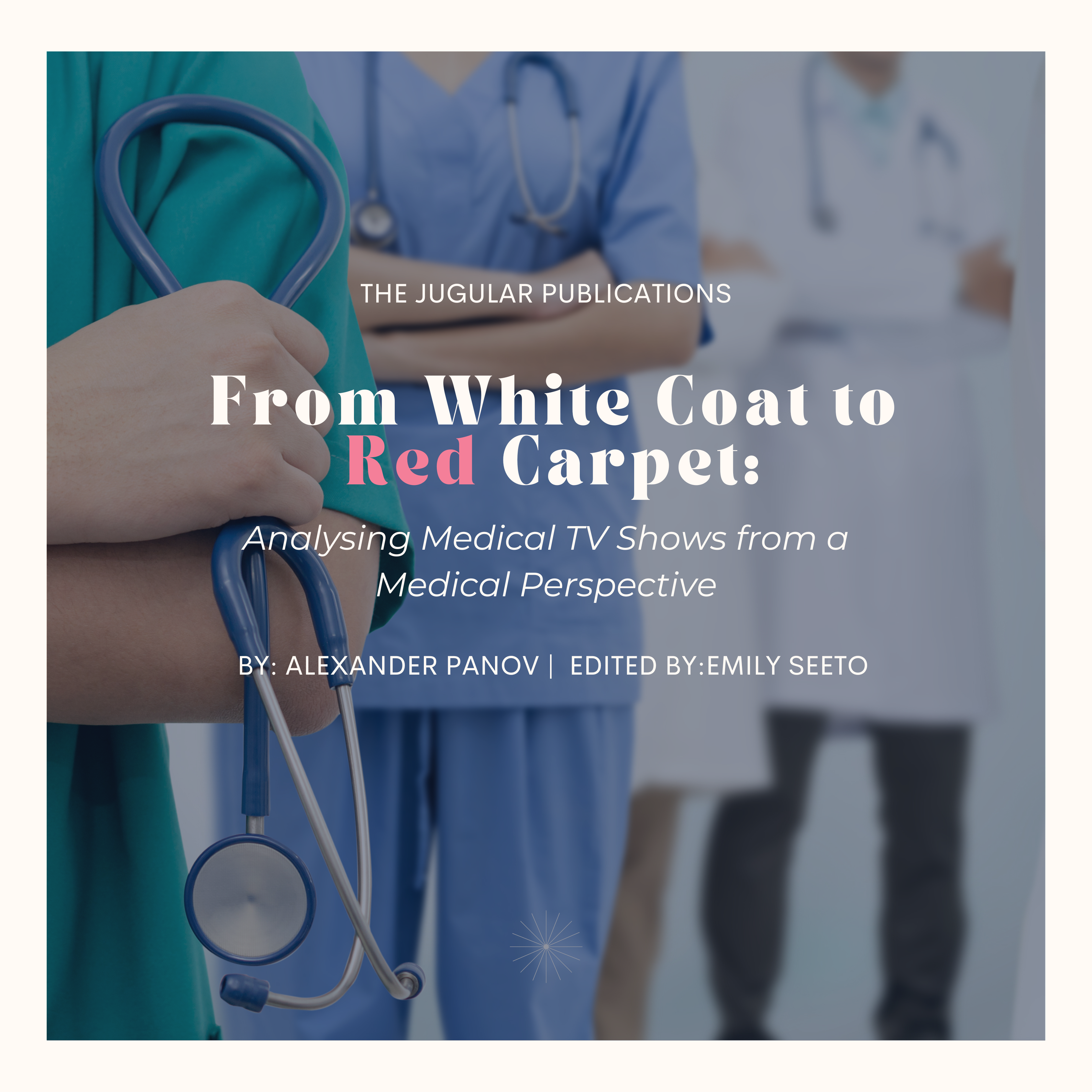
By: Alexander Panov | Edited By: Emily Seeto
With the clock ticking down and the publication date fast approaching, I was terribly afraid I would not finish this article in time. Naturally, I decided to reach for my phone, the best thing to do when procrastinating, and browse the Jugular’s Facebook page (which boasts amazing content – be sure to follow) for inspiration. My hope was to stumble upon some magical idea that would propel me to success. Lo and behold, I came across a hilarious meme depicting how various individuals perceive the work of medical students. After modifying the topic slightly, I finally discovered what I would write about in my article: do medical drama shows portray the realities of the medical profession accurately?
We all appreciate taking a pause from our daily routines to indulge in a Netflix series. Specifically, Medical shows have an undeniable appeal; after all, who wouldn’t enjoy watching Patrick Dempsey? Shows like “Grey’s Anatomy,” with its captivating story arcs and “ER,” with its raw depiction of hospital highs and lows, have etched a place in our hearts. However, as doctors don their scrubs with aspirations of saving lives, it’s imperative to cut through the glamorous facade that these series present and probe the realities they often mask.
**The Illusion of Glamour**
Contrary to the elegant personalities and whirlwind romances that flood our screens, the medical field is wrought with rigor. The portrayal of doctors performing miraculous surgeries before heading out to a candlelit dinner is a stark contrast to the routine of grueling shifts and the necessary, albeit mundane, paperwork that form the backbone of medical practice. This disconnect between reality and fiction often leads to misconceptions about what being in medicine actually entails.
**Striking a Balance: Entertainment vs. Reality**
Medical dramas like “House M.D.” and “Scrubs” weave compelling narratives around the precision of medicine, featuring maverick characters and complex cases. However, these shows often prioritize dramatic flair over the realities of medical practice. In truth, medicine is defined by protocols, evidence-based procedures, and collaborative problem-solving rather than the dramatic “eureka” moments of a solitary genius. (I knew our Teamwork assignments were there for a reason). While these shows entertain and engage audiences, they may oversimplify or distort the true nature of medical procedures and decision-making processes in real life.
**Morality in the Spotlight**
In medical dramas like “The Good Doctor,” ethical dilemmas are dramatized to engage viewers with heightened tension. These portrayals emphasize the moral complexities physicians face, such as life-and-death decisions and challenges related to patient confidentiality. However, in reality, medical ethics are broader and more nuanced. Healthcare professionals navigate complex landscapes involving patient care, resource allocation, organizational policies, cultural sensitivities, and interdisciplinary collaboration. Real-life ethical decision-making is guided by established codes of conduct and professional guidelines, focusing on patient-centered care and shared decision-making. While medical dramas raise awareness about ethical challenges, they may oversimplify these issues compared to the complex nature of medical ethics in actual practice.
**Diversity and Representation**
“New Amsterdam” showcases a diverse cast, reflecting a trend towards inclusivity in the medical field. However, there is still a notable gap that the media must bridge to accurately represent the full diversity of practitioners and patients. It’s essential to advocate for a more inclusive portrayal that resonates with the broader community, capturing the rich tapestry of backgrounds and experiences within healthcare. This calls for an authentic depiction that reflects the reality of everyone involved in healthcare settings.
**Fueling Aspirations**
Despite their dramatized storylines, medical series serve as more than mere entertainment; they often ignite aspirations toward a career in medicine, possibly influencing our own choices. By critically analyzing these shows, we can extract valuable lessons while acknowledging their theatrical nature. Embracing the call to medical service that these series inspire, we can channel our enthusiasm into a realistic and meaningful pursuit of healthcare education and practice.
In the journey from classrooms to clinics, medical dramas are not merely a realm of entertainment; they have long captivated audiences with their riveting storylines, compelling characters, and dramatic portrayals of life in hospitals. From the iconic “Grey’s Anatomy” to the gritty “ER,” these shows offer a glimpse into the fast-paced world of healthcare. As aspiring medical professionals, how do we separate fact from fiction when watching these popular TV series? While nobody wants to critically analyze a Netflix program during leisure time, it’s crucial to keep in mind that these shows are purely fictional and do not illustrate the challenging work doctors may have to undertake.









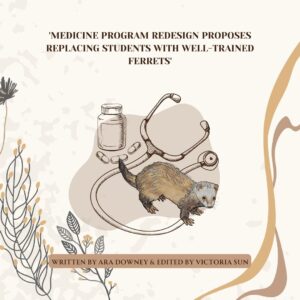








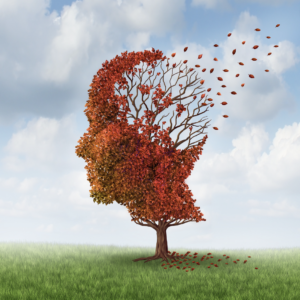








































































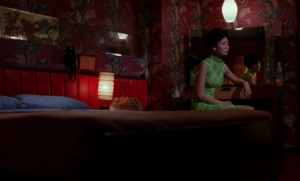


















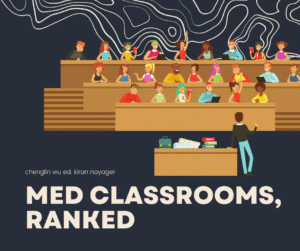

Really interesting